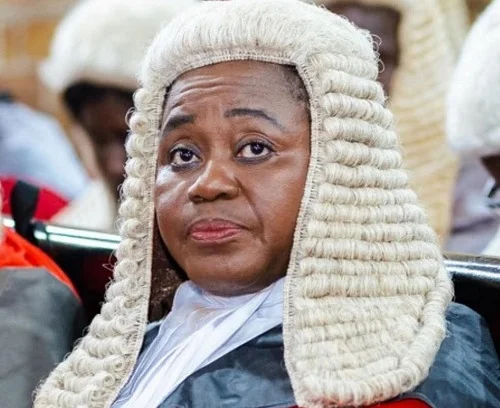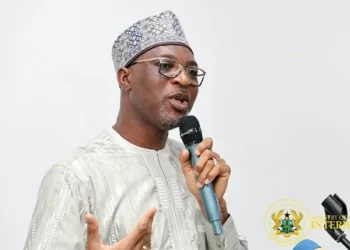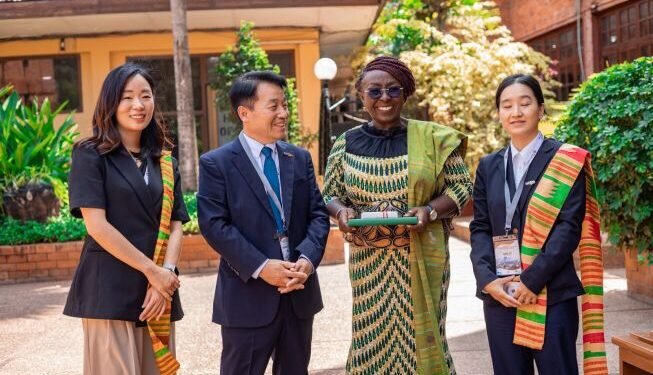Kay Codjoe, volunteer associate at IMANI Africa and a well-known political commentator, has weighed in on the dramatic return of former Chief Justice Gertrude Araba Esaaba Sackey Torkornoo to the political and legal spotlight.
According to him, her decision to challenge her removal at the High Court is nothing short of a theatrical twist in Ghana’s governance narrative.
“Just when many thought the gavel had spoken, Gertrude Araba Esaaba Sackey Torkornoo has reappeared, not in robes, but in petitions. Abuja one day, Accra the next. ECOWAS for sympathy, the High Court for salvation. The stage has shifted, but the play continues.”
Kay Codjoe
The former Chief Justice, who was ousted through a constitutional process, has now returned to the legal arena as an applicant determined to challenge that very outcome.
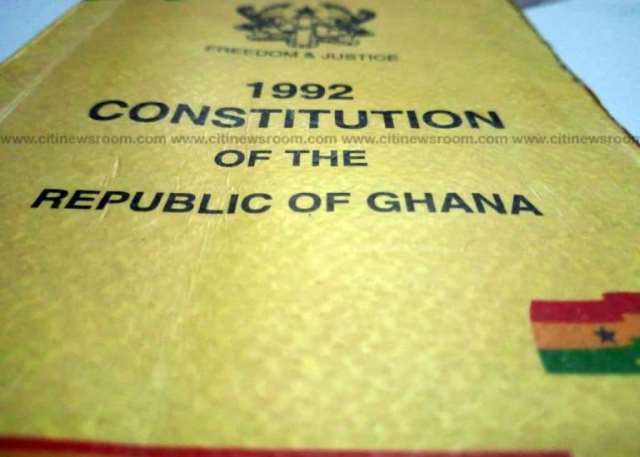
Her legal team is seeking to have the President’s decision overturned, contending that it was carried out without the proper constitutional backing required under Article 146 of the 1992 Constitution.
Essentially, they are asking the court in Accra to nullify the very action that originated from within the same system.
Procedure Versus Substance In The Courtroom
From Kay Codjoe’s perspective, the legal challenge is centered more on procedural technicalities than on the actual allegations that resulted in Torkornoo’s removal.
He noted that her case hinges on whether the proper processes were followed, rather than addressing the validity of the accusations themselves.
In essence, it questions the mechanics of the decision-making process rather than the evidence that informed it, framing the battle as one of legal procedure rather than substantive justice.
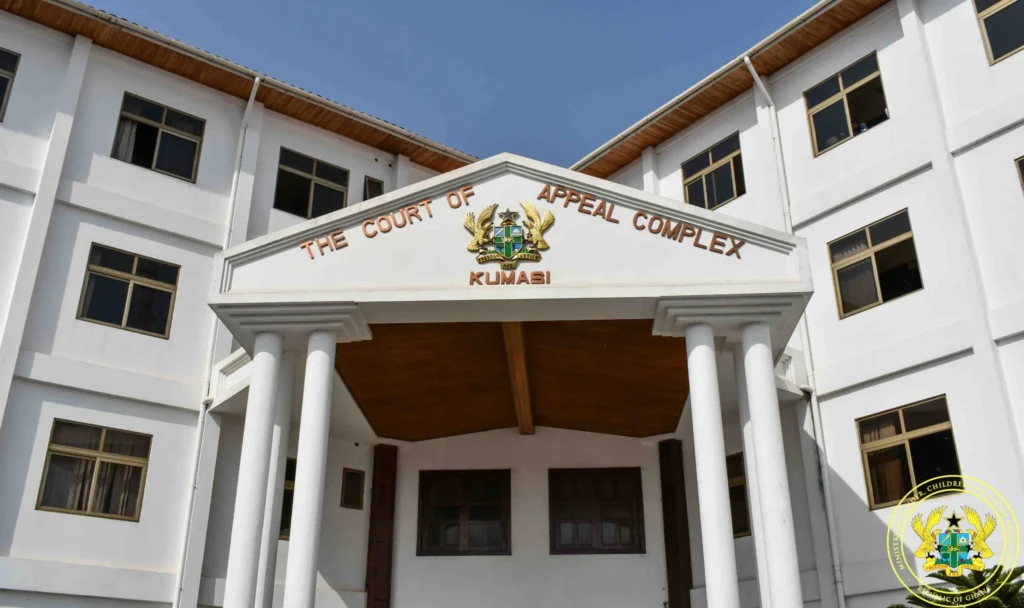
“If it clings to deadlines instead of substance, then it risks confirming what many already whisper: that even our highest judge has chosen the loophole over the law.”
Kay Codjoe
Accordingly, Codjoe warned that this could create a dangerous precedent. If the case collapses into a technical debate rather than a full examination of facts, public trust in the judicial system could suffer irreparable damage.
For him, this is not merely about one individual’s career. It is about whether Ghana’s judiciary can withstand intense political and public scrutiny.
Ghana Judging Ghana As Former Chief Justice Challenges Removal
Codjoe highlighted that although Torkornoo has taken her case to the ECOWAS Court, the final decision ultimately lies within Ghana’s own judicial system.
He stressed that external rulings cannot override the nation’s sovereignty, making the High Court case far more significant as it represents Ghana’s legal system holding itself accountable.

This case, Codjoe argued, goes beyond the personal fortunes of Torkornoo. It reflects a larger struggle over the independence and credibility of Ghana’s judiciary.
“A woman who once held the gavel now pleads before it. The pestle has been pounded. The landlord is tenant. The judge is judged.”
Kay Codjoe
Torkornoo’s critics have pointed to her history of overseeing controversial rulings and procedural delays, making her current reliance on strict procedural arguments particularly striking.
Codjoe suggested that this contradiction could shape how the public views the case and its eventual outcome.
Republic’s Integrity On The Line
Kay Codjoe further emphasized that the implications of this case extend well beyond the courtroom, with the potential to shape the future of Ghana’s democratic institutions.
He noted that the proceedings will test the strength and credibility of the nation’s governance, leaving a lasting impact depending on whether the ruling upholds integrity or exposes deep-seated flaws.
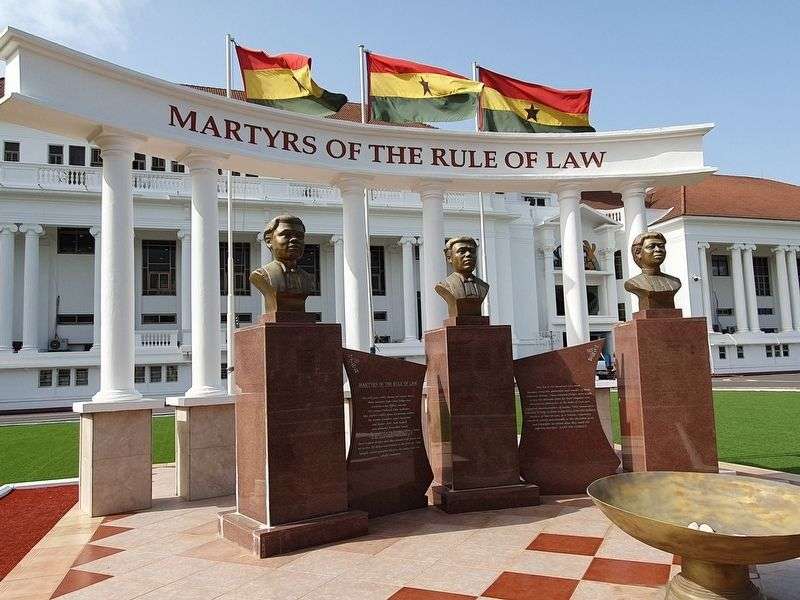
If the High Court conducts a thorough investigation—examining all evidence, witness testimonies, and committee findings—it could restore public faith in the judiciary.
However, if the case is resolved on narrow technical grounds, it risks deepening public cynicism about political interference in the courts.
Codjoe concluded by reflecting on the unpredictable nature of Ghanaian politics and law.
“It is finished, they said. Yet not quite. In Ghana, even the word ‘finished’ seems to come with a footnote. The law is the law.”
Kay Codjoe
Accordingly, he lamented the complex and often cyclical nature of legal battles in the country.
As Ghanaians watch closely, the High Court now faces the daunting task of delivering a verdict that will not only decide Torkornoo’s future but also signal the strength—or fragility—of the nation’s rule of law.
READ ALSO: Bank of Ghana Cuts Policy Rate to 21.5% as Inflation Outlook Improves

